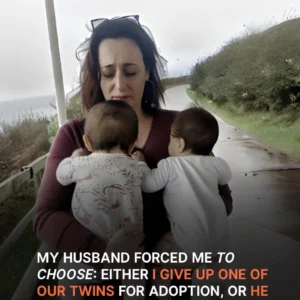Sometimes, young couples face challenges in conceiving a child, whether due to partner incompatibility or various health issues. When conventional methods fail, resorting to in vitro fertilization (IVF) becomes a last resort. However, not everyone can afford the expensive procedure, leading some couples to incur debts for the sake of the joy of parenthood. Even then, success is not guaranteed, and the use of donor cells is not always fruitful.

In this instance, my friend, as usual, went to work. A call from the maternity ward summoned an entire team. The expectant mother arrived at the department with her mother, mother-in-law, and legal husband. It was her first childbirth—a result of IVF—after natural pregnancies ended in miscarriages.

They had a baby. The child was healthy, with only a defect in the legs—feet turned inward, correctable through surgery. While the operation was costly, they managed to secure funds through IVF. Upon learning of the diagnosis, the father erupted in anger in the middle of the intensive care unit. He refused to hold the child, telling the doctors to take away that monster. The laboring woman was in tears, and stress-induced bleeding ensued.

The grandparents and the father decided to abandon the daughter, leaving the mother devastated. She had endured so much torment only to see her healthy baby rejected. The father was fuming, and no one could calm him down. He confronted the medical staff but refused even to look at the child.

A few days later, the laboring woman’s mother called and urged them to reconsider. The doctor inquired about the father’s condition, and the woman admitted that he had quietly filed for divorce the next day.






